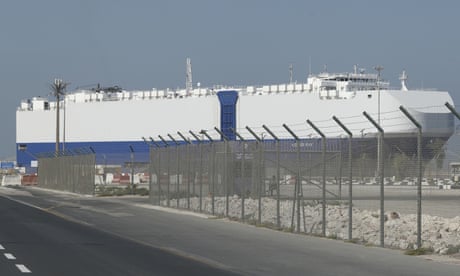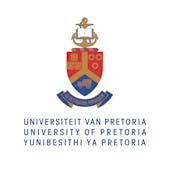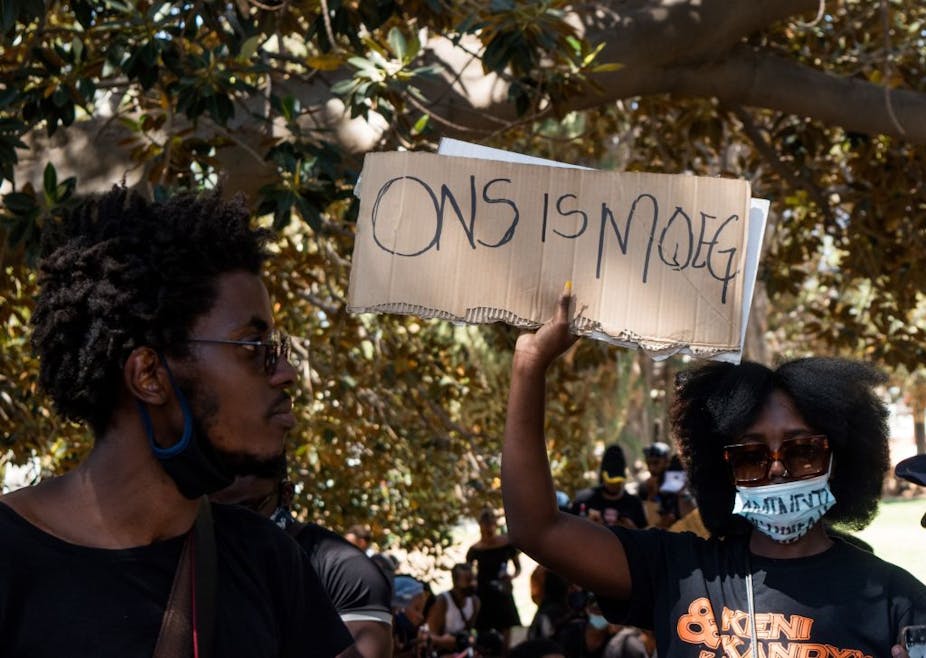It is as if China is two completely different countries, if we look at how they appear in two such different cases as Africa and the Arctic, says Christer Henrik Pursiainen, a professor at the Department of Technology and Security at UiT The Arctic University of Norway.
According to Pursiainen, it is not just the temperature difference that separates Africa from the Arctic. It also provides a good opportunity to take a closer look at how China adapts to two completely different situations and how they use widely differing methods to gain influence.
Together with professors Rasmus Gjedssø Bertelsen from UiT and Chris Alden from the London School of Economics, he has published the article "The Arctic and Africa in China's Foreign Policy: How Different Are They and What Does This Tell Us?" in the journal Arctic Review on Law and Politics.
Economic growth provides calm
China will soon be the world's largest economy and many of the country's 1.4 billion inhabitants are experiencing a real increase when it comes to standard of living. The country's elite want to keep the Communist Party in power and to ensure inner peace and stability, they must ensure continuous economic growth.
"This is much of the reason why China is increasing its global presence. To ensure the legitimacy of the Communist Party, economic growth must be maintained. China's worst nightmare is that what happened in the Soviet Union will also happen there," says Pursiainen.
To ensure economic growth, China is completely dependent on international trade. They are the world's largest importer of raw materials and energy and are the world's largest trading nation. The vast majority of this trade goes by sea, and therefore it is absolutely crucial to secure and strengthen the transport of goods and services.
China therefore, in 2013, started what has gradually become known as the Belt and Road Initiative. As a modern silk road, trade, and the road to becoming the world's largest superpower, will be increased through a massive investment in the development of trade routes and infrastructure across large parts of the world.
"China knows very well that they will slowly but surely become the leading superpower for the next 100 years. It can only be delayed by the United States, but I think the chance of this is small. The United States has had its century," says Pursiainen.
He points out that China is not in a hurry, and that they may have a different perception of time than politicians in most Western countries.
"Chinese leaders are elected for life. And the Chinese look 50-100 years ahead in time and thousands of years back. They know they have been a great power—and will be again," he says.
A learning state
China gradually began its presence in Africa as early as the mid-1950s. At first modestly, but today China is Africa's largest trading partner, measured at $204 billion in 2018. Weak governance and little international control has given China great flexibility in how to position itself in Africa.
"China is a learning state and they began their relations with Africa a long time ago. They gradually started investing, and today Africa is a major borrower. China has become a power factor throughout Africa and Chinese companies and migrants have established themselves across the continent in telecommunications, ports, car factories, small farms and shops," says Pursiainen.
He believes that one of the reasons why China has gained so much influence and acceptance in the various African countries is that they are open about the intention not to export communism and that they do not in principle interfere in national politics. This has made it easier for heads of state to let them into their countries.
Over time, large Chinese investments have led to a relationship of dependence.
"It has turned into a relationship where many African countries have become dependent on Chinese support—and more specifically Chinese companies and people," says Pursiainen.
Must secure own investments
To ensure stability in the areas of Africa in which they operate, and to ensure trade flows and investments, China is choosing a proven method.
"They use the same tactics as the United States, with the establishment of military bases, they contribute with peacekeeping forces to the UN and the African Union (AU) and they have a number of 'private' security companies, which are subordinate to the Communist Party," says Pursiainen.
In 2015, the Chinese established their first, and so far only, military base in Djibouti on the Horn of Africa. The base has about 10,000 soldiers and is closely linked to a major port project nearby. Although they claim this is primarily a logistics base and for defense against piracy in the area, it gives the Chinese authorities a significant military presence and a full overview of all ship traffic through the Red Sea and the Gulf of Aden.
"They claim they are there to help and ensure stability, but this is a way for China to become a global superpower," says Pursiainen.
In addition, China has several agreements with various African countries when it comes to arms sales, military exercises and other forms of cooperation.
The Arctic
As China has gained a stronger voice in international politics in recent years, they have also turned their attention and interest to the Arctic and the opportunities that exist there.
The motivation is the same—to ensure economic growth and influence. But the approach China chooses is completely different. While they have been able to gain a foothold due to weak states and a poorly developed system of government in Africa, the situation is quite different in the north. The Arctic is surrounded by developed countries with established laws and regulations and is an area that has far greater international attention.
This means that China must seek influence by other means.
"Chinese foreign policy is very adaptable and flexible. They are very good at this. China has defined itself as a near-Arctic country. Of course they are not, but still they claim that right. And what we observe is that while China follows existing rules in the Arctic, they are actively working to influence and change them to their advantage," says Pursiainen.
China is doing this by engaging broadly in global organizations where they already have an important seat. This applies, for example, to the UN, where they are trying to influence the future use of the Arctic through both the Convention on the Law of the Sea and the International Maritime Organization (IMO).
The same applies to the Arctic Council. After gaining an ad-hoc role as an observer in 2007, China worked purposefully to gain a more permanent role in the Council. Despite the fact that this was first met with skepticism from Canada, Russia and the USA, they eventually gained a permanent place as an observer in 2013. Although this does not give China an active role in the decisions made, they get to legitimately participate in the debate on the future of the Arctic.
Important with laws and regulations
Although China claims that through increased presence in the Arctic, they can achieve win-win situations for everyone involved, those who are researching this are divided. Some push the alarm button, some are moderate, while others predict a more positive effect of China's entry into the Arctic.
While Chinese investment has to some extent been welcomed by the countries around the Arctic, many are concerned about the economic and political influence that may accompany such investments.
"If we are to learn from such a comparison between two continents as different as Africa and the Arctic, then that must be that it is important to secure and maintain strong regional and national institutions, based on laws and regulations. This will counteract any negative aspects of increased Chinese involvement," says Pursiainen.
He points out that it is crucial to ensure that China does not use its economic muscles to enter into agreements with countries in a vulnerable situation. This will create a dependency relationship, as seen in some African countries, where China gains too much power.
"What we are trying to say is that one should be happy that China is investing, also in the Arctic. But, we must be vigilant and not let them establish their own rules," says Pursiainen.










